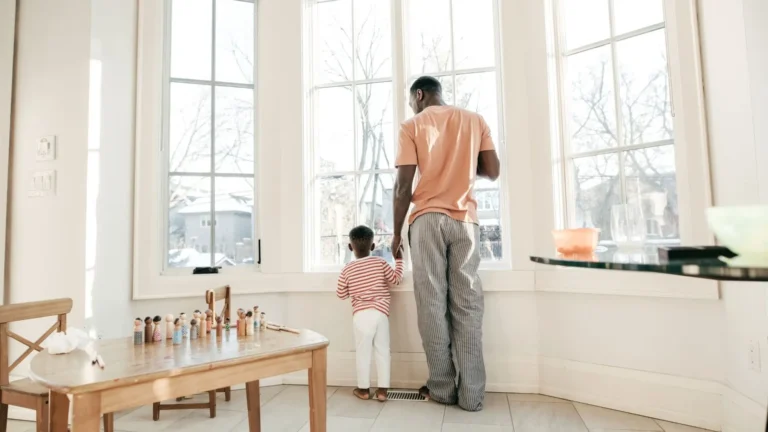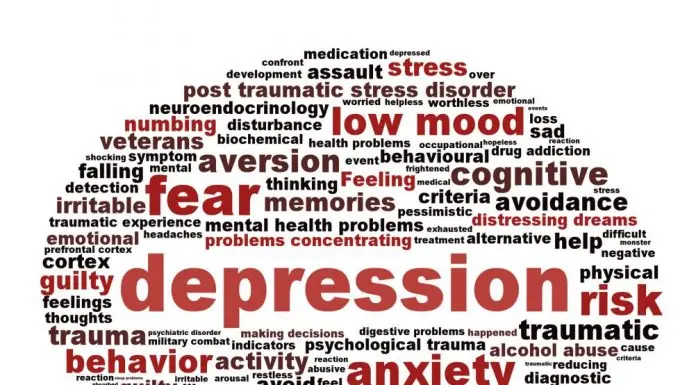The Healing Power of Group Therapy: Finding Support in Community
Have you ever felt alone in your struggles, even when surrounded by people? You’re not alone. Many individuals face feelings of isolation and loneliness, particularly when dealing with mental health challenges. This is where group therapy shines, providing a sense of community support that can be transformative. In this blog post, we will explore the healing power of group therapy, how sharing experiences in a supportive setting can help individuals feel less isolated, gain new perspectives, and develop coping strategies. With mental health issues on the rise, understanding the benefits of group therapy is more important than ever.
Understanding Group Therapy Benefits
Group therapy is a form of psychological counseling that involves a small group of individuals led by a trained therapist. It’s a safe space where participants share their experiences and feelings, offering mutual support. One of the greatest strengths of group therapy is the sense of community it fosters. It allows individuals to connect with others facing similar challenges, which can be incredibly reassuring.
Statistics reveal that approximately 75% of individuals who engage in group therapy experience benefits, including improved communication skills and increased self-esteem. Many myths surround group therapy; one common misconception is that it’s only for those with severe issues. In reality, group therapy can be beneficial for anyone looking to enhance their mental health and find support, whether they’re dealing with anxiety, depression, or life transitions.
How Isolation and Loneliness Affect Mental Health
Isolation and loneliness can have profound effects on mental health. These feelings can lead to a variety of emotional, psychological, and physical issues. For instance, prolonged loneliness can result in depression, anxiety, and even cognitive decline. Individuals may experience common symptoms such as sadness, fatigue, irritability, and difficulty concentrating.
Consider the story of “Sarah,” a participant in our group therapy sessions. Initially feeling isolated due to her anxiety, Sarah found it challenging to connect with others. Through sharing her experiences in group therapy, she discovered she wasn’t alone in her feelings. This realization helped her gain new perspectives and develop coping strategies that she had previously thought were unattainable.
Effective Strategies for Managing Isolation and Loneliness
Managing feelings of isolation and loneliness requires a multi-faceted approach. Here are some effective strategies:
- Join a Support Group: Connecting with others who share similar experiences can provide validation and reduce feelings of isolation. Group therapy offers a unique opportunity for shared healing.
- Practice Active Listening: In group settings, listening to others can enhance empathy and understanding. This practice not only benefits the speaker but also helps the listener gain new insights.
- Set Personal Goals: Encouraging individuals to set small, achievable goals can build confidence and a sense of purpose. Group therapy can facilitate accountability and motivation among peers.
- Engage in Creative Expression: Art, writing, or music can serve as powerful outlets for emotions. Group therapy often incorporates creative activities that promote healing and connection.
While these strategies can be helpful, it’s essential to recognize when professional help is necessary. If feelings of isolation persist or worsen, seeking support from a mental health professional is crucial.
How McNulty Counseling Can Help
At McNulty Counseling and Wellness, we offer various group therapy options designed to support individuals in their healing journey. Our experienced therapists create a safe and inclusive environment where participants can share openly and learn from one another. Whether you’re dealing with anxiety, depression, or simply seeking personal growth, our group therapy sessions can provide the community support you need.
Our therapists are trained to facilitate discussions that promote healing and connection, ensuring that each participant feels heard and valued. With the combination of professional guidance and peer support, you’ll find the encouragement and tools necessary to navigate your mental health journey.
Conclusion
In conclusion, group therapy is a powerful tool for healing and support. It fosters a sense of community that can help individuals feel less isolated, gain new perspectives, and develop effective coping strategies. If you’re struggling with feelings of isolation or are simply looking to connect with others, remember that you are not alone. Support is available, and we are here to help.
We encourage you to take the next step toward healing. Contact us at McNulty Counseling and Wellness by calling 727-344-9867 or by completing our contact form. Together, we can navigate this journey toward better mental health.







